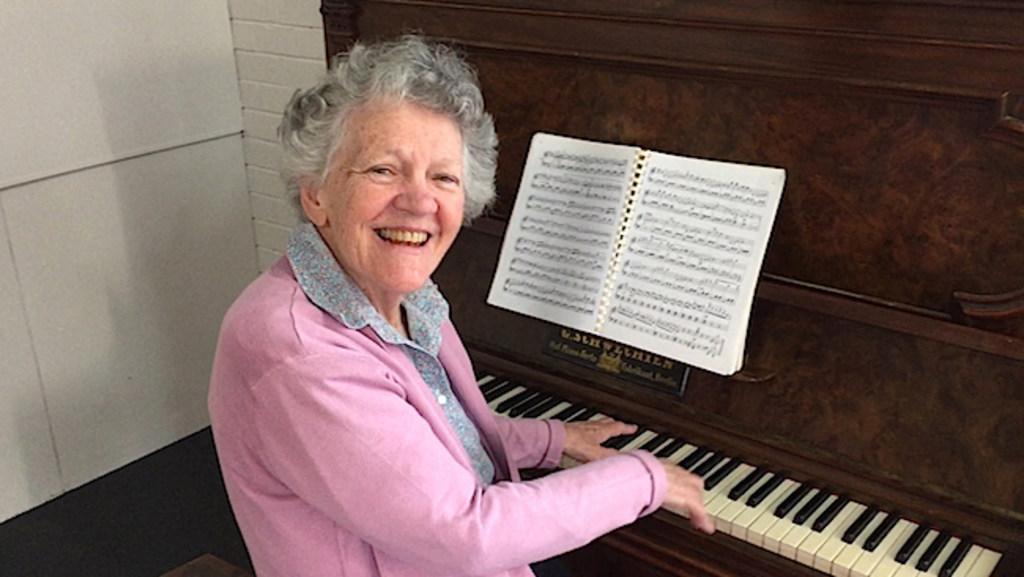Melbourne epilepsy trial delivers medication directly into brain to sidestep side effects
EXCLUSIVE: A MELBOURNE trial will deliver medication directly into the brain of epilepsy patients to sidestep the devastating side effects of tablets. See how it works.
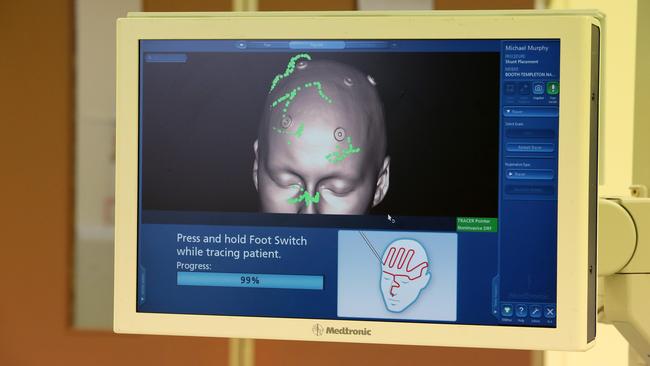
VIC News
Don't miss out on the headlines from VIC News. Followed categories will be added to My News.
A WORLD-first trial will deliver medication directly into the brain of epilepsy patients to sidestep the devastating side-effects of tablets.
The pioneering treatment aims to be a game-changer for neurological conditions more widely by getting a drug directly where it is needed.
The St Vincent’s Hospital team has implanted a pump in their first patient. The pump sends anti-epileptic medication from the stomach, through a tiny tube, into a cavity in the brain where it can diffuse into the areas causing the “electrical storm”.
Natalie Kellalea’s seizures are so severe and unpredictable that she cannot walk to the letterbox or take a shower on her own. The 27-year-old from Numurkah has tried every combination of every anti-epileptic medication without success, and has been in hospital for almost the past three months for her own safety.
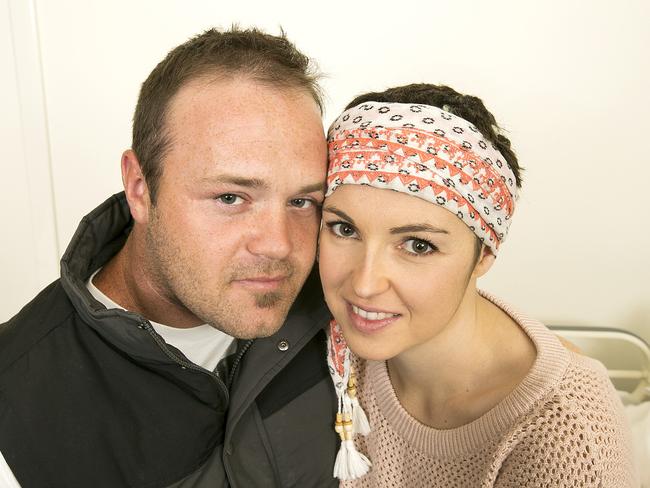
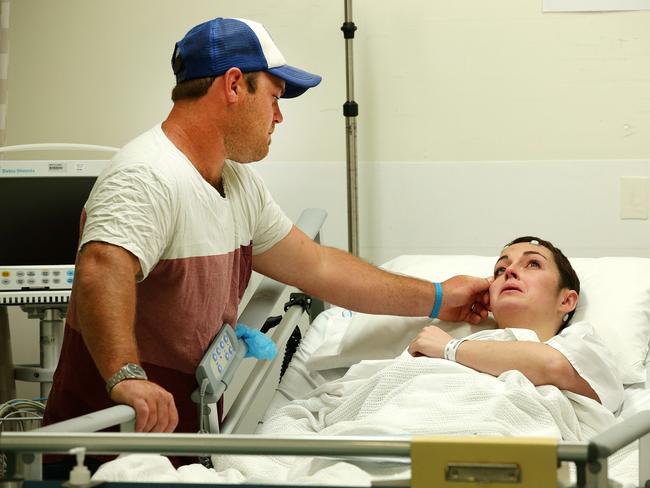
After the world-first surgery by neurosurgeons Michael Murphy and Kristian Bulluss to implant the device earlier this month, Ms Kellalea had the first medication, Epilim, administered this week through the pump.
If her violent drop seizures can be reduced to episodes of visual illusions, she hopes this will allow her to finally start a family with husband Alex.
“With the life I have now, I’m willing to try anything,” Ms Kellalea told the Herald Sun.
“I sleep for at least 13 hours because of the medication and I spend all day on the couch,” Ms Kellalea said.
“I just think it’s amazing if they can make the brain absorb the medication straight away, rather than the cocktail of 27 tablets I’m on, then I could get my independence back and hopefully we could have a baby.”
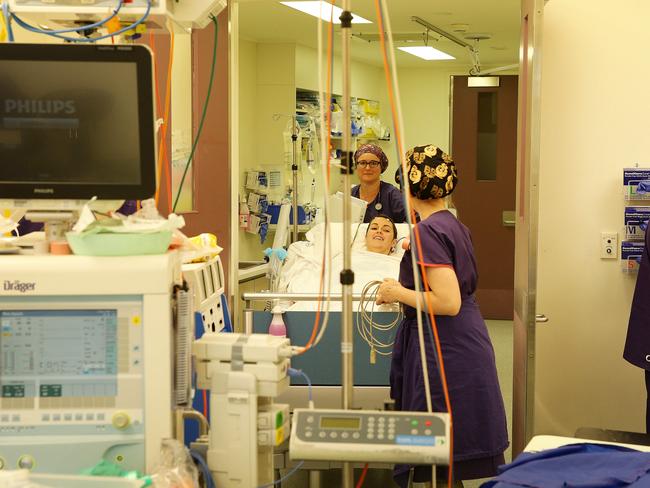
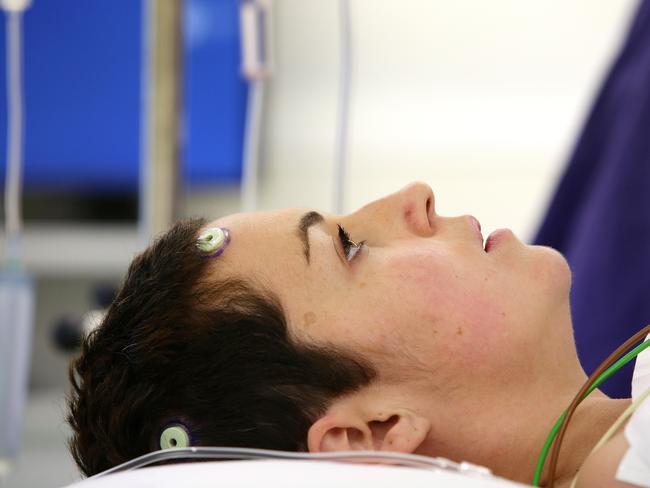
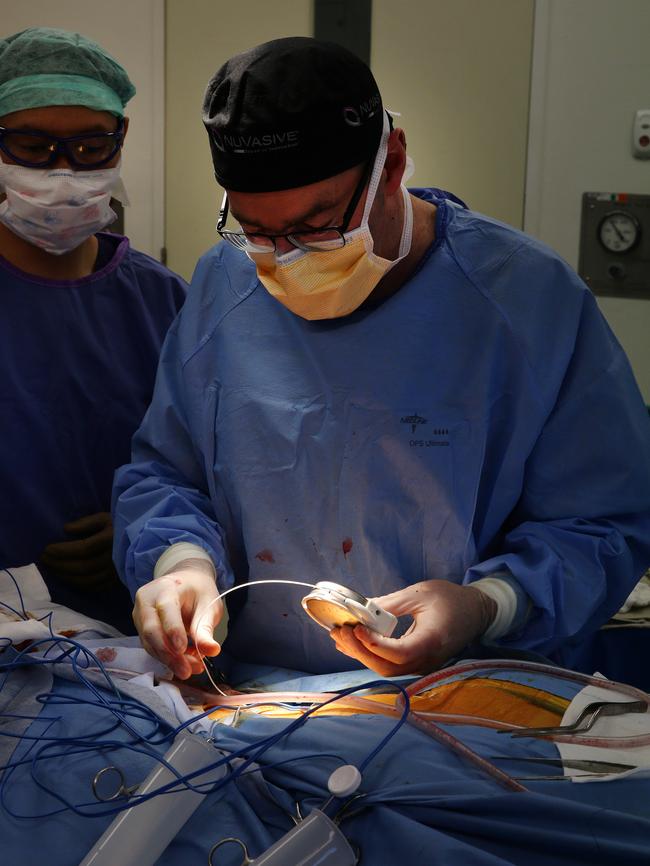
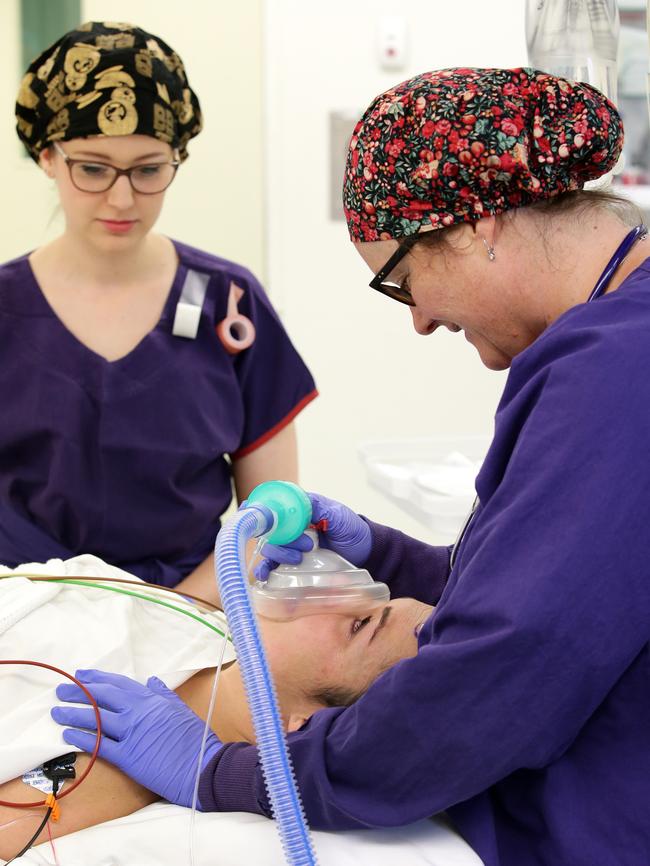
RELATED: MEDICAL MARIJUANA GEL COULD REDUCE UNCONTROLLED SEIZURES FOR ADULTS WITH EPILEPSY
HEAD INJURY SEIZURE DRUG BREAKTHROUGH BY MELBOURNE RESEARCHERS
She is the first of nine patients to take part in the trial between St Vincent’s, Royal Melbourne Hospital and the US start-up company Cerebral Therapeutics, which plans to trial the technique in brain cancer patients.
The trial is being driven by St Vincent’s director of neurology, Professor Mark Cook, who crossed paths with the US founders of the concept through his work in developing an implantable device to detect epileptic seizures.
Neurologist Dr Chris Plummer said it had been “frustrating and sad” to see his patient deteriorate so fast, with her seizures becoming more violent, more frequent and arriving without warning.
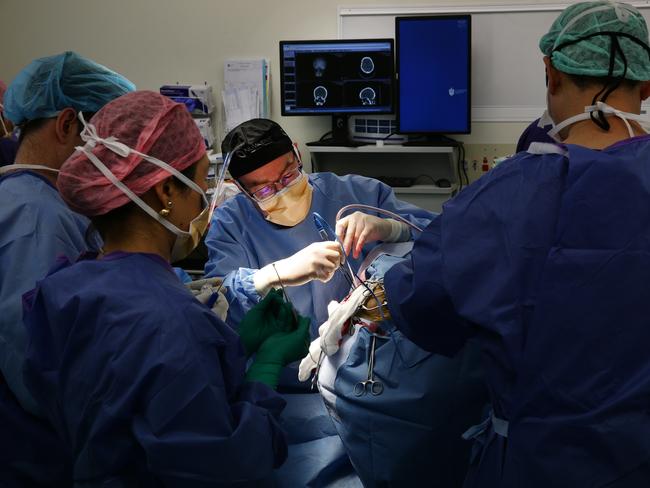
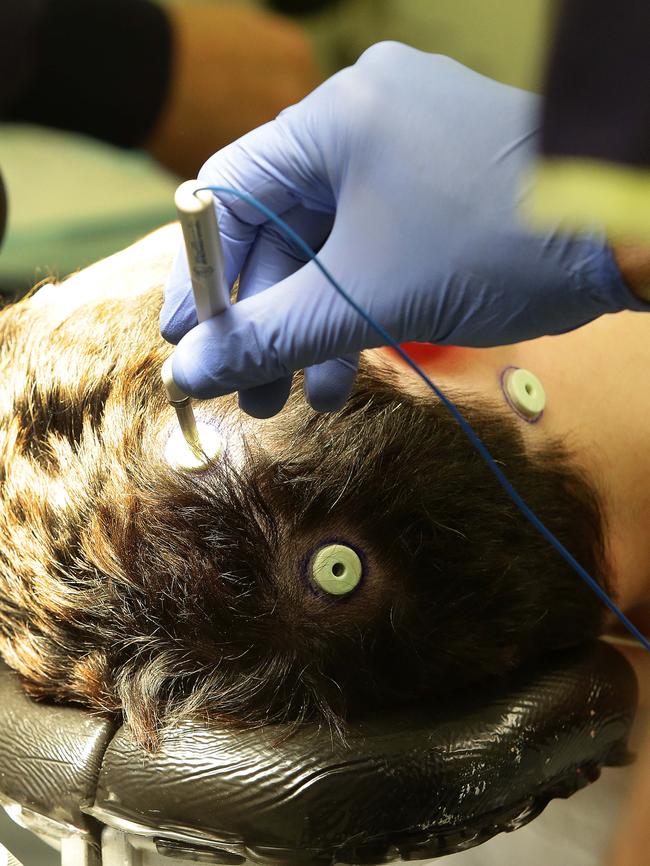
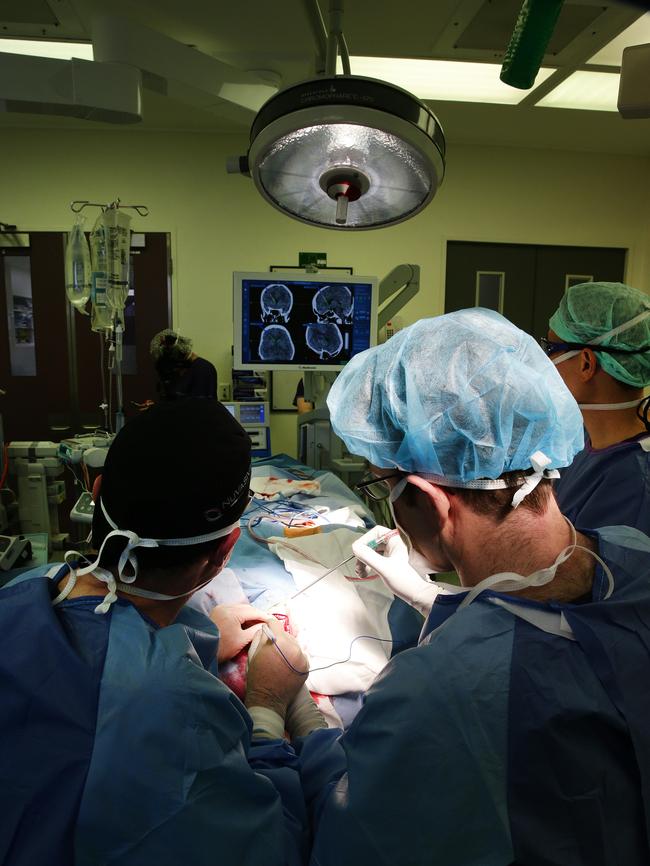
MELBOURNE RESEARCHERS DESIGN NEW 3D-PRINTED HAND
Ms Kellalea phoned him three months ago after having eights seizures in one day — where she loses consciousness and suffers jerking — to beg for him to try something new.
Chief of Cerebral Therapeutics, Dan Abrams, of Denver, said this was the first time pumps had been used to deliver medication directly to the brain, in the same way they had been used to manage spinal pain and stiffness.
Other conditions such as Parkinson’s disease, Alzheimer’s, stroke and anxiety are also potential targets for the device that can bypass the blood-brain barrier.
“Because we’re administering it directly to the brain and not the whole body, we’re potentially able to have a fewer spectrum of side effects,” Dr Abrams said.
It will be another two months before doctors can tell if the new drug delivery system is better at controlling Ms Kellalea’s seizures.
ALZHEIMER’S BREAKTHROUGH: MELBOURNE PATIENTS FIRST IN WORLD TO ACCESS DRUG
